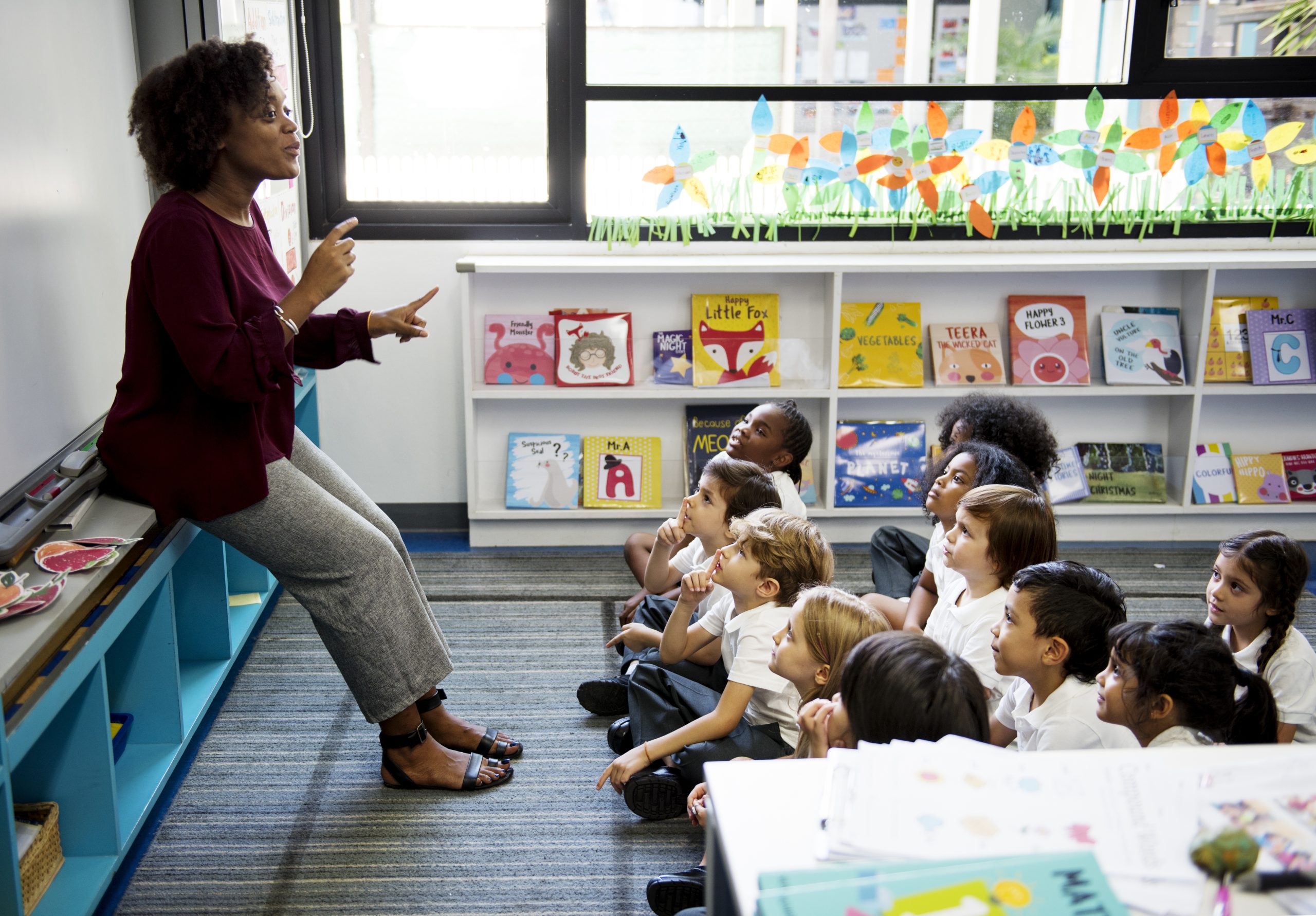Guest Writer: Melissa Kloeckner
Educators have gone and done it again.
Despite the short notice, FAPE law restrictions, and the varying home resources and needs of students, they have stepped up to the plate and risen to the occasion.
I can already hear the voices…
“Well, teachers are still getting paid so they should be working.”
“It’s the school’s responsibility to educate, not ours.”
Yes, it is our job to educate and I’m not saying we still shouldn’t during this time. I’d simply like to make a point. No matter the hardship, educators show time and time again just how resilient and flexible they are.
Before the Coronavirus Pandemic overtook the nation, the news was full of stories about teacher strikes and protests. Educators from all over banded together to fight for fair wages, resources, funding, and working conditions.
Throughout the last decade, many teachers have been silenced because of the weakening of our unions due to the “Right to Work Law.”
We have watched our salaries freeze or decrease as we try to keep up with inflation, continuously contribute more and more to retirement and benefits and take more from on our own pockets to cover classroom needs because of dwindling school funding. In many cases, these classroom needs include teacher sought-out curriculum as well.
Many teachers are working in deplorable conditions because their districts just don’t have the resources from the state or their communities to repair or provide upkeep as necessary.
At the same time resources and funding decreased, our responsibilities increased.
Students are coming to school with more physical, mental, social and emotional needs than ever before as our society continues to advance technologically, parenting styles change and more parents are in the workforce.
As society becomes busier and less engaged with each other, respect for others as fellow humans is on the decline. Students and their parents no longer have the same level of respect they used to have for educators or one another.
We are no longer seen as professionals. This is evidenced by new state evaluation programs where our every move is watched, recorded and critiqued.
Online teacher created portfolios and binders or meticulous lesson plans are used as proof to show how highly qualified a teacher is.
Student testing data is primarily used as the indicator to show how successful we were at teaching our students during the year.
Yet, despite all of this, educators continued to work day after day providing the best educational experience possible for their students.
Our methods may have changed due to the effects of the current crisis, but the core of what we do did not. We’ve continued to do what’s right by our students and their families in the face of fear, uncertainty and the unknown.
I have seen schools and educators across the nation come together to make sure their students are fed, have access to online or paper learning materials and resources, and institute cleaning procedures and protocols in order to ensure safe buildings and classrooms for student return.
Additionally, teachers have read stories to their classes online, held classroom meetings through zoom, written letters and sent them electronically or mailed them out to students, created neighborhood drive-byes to wave and show students how much they are missed, sent pictures, or recorded video of themselves, and demonstrated many other wonderful ways to show students they are thinking of them.
[bctt tweet=”When it comes down to it, everything we do and have ever done is simply because we love our students.” username=””]
When it comes down to it, everything we do and have ever done is simply because we love our students. We care about and want what’s best for them. Plain and simple.
As it stands right now, there is no clear answer as to when school will be back in session.
It hasn’t been decided how the remainder of the learning year will be handled once school is back in session.
State standardized testing have been canceled this year for many states.
Administrators may not be able to finish classroom observations, which puts teacher evaluations in limbo.
In some states, online learning won’t count towards annual hourly requirements for students.
Yet still, teachers everywhere are doing their best to keep up personal relationships with their children.
When this is all over, students will not remember the details of what or how they learned while school was shut down. They will remember how much their teachers cared for them though, and that’s all that really matters.

